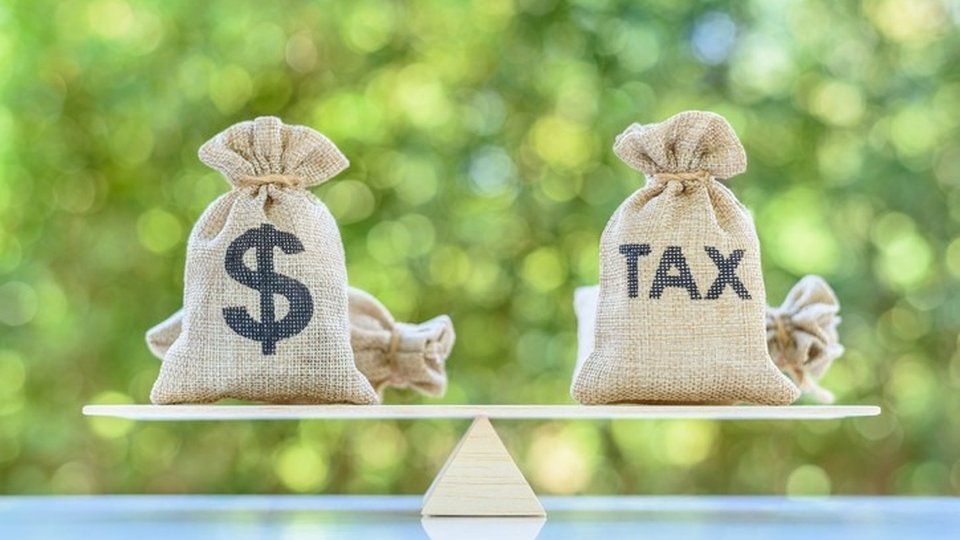Vending
Research finds soda taxes decrease sugar intake, not regressive

Image provided by iStock.
December 20, 2022
Soda taxes help decrease sugar consumption and are not, as some have claimed, regressive (having a disproportionate impact on lower income consumers.)
Those are the findings of researcher James Flynn, a graduate student at the University of Colorado Boulder's Department of Economics, according to a medicalxpress.com report.
Flynn compared data from the U.S. government's semi-annual Youth Risk Behavioral Surveillance System, which includes data from Philadelphia, San Francisco and Oakland, California — both of which have soda taxes — to data from cities with no soda tax.
Flynn's findings were published in September in the journal, Health Economics.







